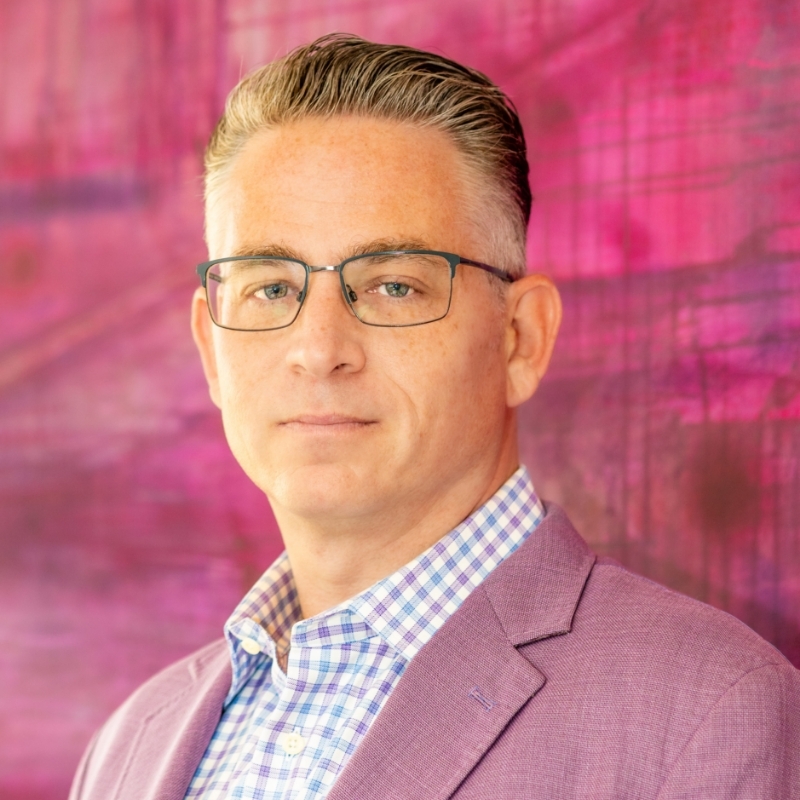“We have been speaking to you of serious, sometimes tragic things. We have been dealing with alcohol in its worst aspect. But we aren’t a glum lot. If newcomers could see no joy or fun in our existence, they wouldn’t want it. We absolutely insist on enjoying life. We try not to indulge in cynicism over the state of the nations, nor do we carry the world’s troubles on our shoulders. When we see a man sinking into the mire that is alcoholism, we give him first aid and place what we have at his disposal. For his sake, we do recount and almost relive the horrors of our past. But those of us who have tried to shoulder the entire burden and trouble of others find we are soon overcome by them.
So we think cheerfulness and laughter make for usefulness. Outsiders are sometimes shocked when we burst into merriment over a seemingly tragic experience out of the past. But why shouldn’t we laugh? We have recovered, and have been given the power to help others.”
- “Alcoholics Anonymous”, The Family Afterward, Pg. 132
One of the biggest barriers to someone getting clean and sober is the idea that they will never be able to have fun in sobriety. Never mind the fact that they probably haven’t been having a whole lot of fun for many years, the idea that the ability to have fun is only possible when using drugs and alcohol is a delusion. However, an addict or alcoholic who thinks this way cannot really be blamed since after all they probably started using drugs and alcohol in social situations in the first place.
Very few people start using drugs alone. Most people start using marijuana, alcohol and other substances as part of a social setting. Whether they start by peer pressure, the yearning to fit into a group of friends, because they see the “cool kids” doing it or for uncomfortable feelings and emotions such as social anxiety, most kids begin their journey of addiction in a social setting. And often, in the beginning, it was fun. Because of that, the associative relationship of drugs and alcohol with fun begins at an early age and becomes difficult to break, even if the parties ended many years ago while the addiction continued. Most people engage into addiction treatment and recovery once drugs and alcohol ceased being fun, had moved on to fun with problems and typically for some time has just been problems, consequences, loneliness, depression and despair.
So it is important that people in treatment and new in recovery understand that there is fun to be had in recovery. Recovery would not be attractive if people sat around, depressed about being sober and yearning for the days of drinking and drugging. If that’s what recovery was, no one would ever get clean and sober.
Recovery is not those things. There is absolutely fun to be had in recovery. In fact, if you ask most sober people, their lives are thousands of time more fun while sober than they ever were while they were drunk or high. Sure, there are a list of things that sober people do to have fun: vacations, movies, bowling, sports events, parties, exercising, skiing, surfing, going to the beach, going out to dinner with friends, bowling, working out, writing, making music, dancing, photography, etc. Pretty much anything that was fun while getting high or drunk is still fun in recovery. What many people also find is that in sobriety, a whole lot of other activities that they never liked or tried becomes fun.
The important thing to realize is that having fun in recovery has little to do with the activity itself. People learn to have fun in recovery because they have changed and are learning to enjoy new experiences and engage in activities that bring them joy. The happiness doesn’t come from the activity but rather the happiness comes from the internal change in the person that happened as a result of living a lifestyle of recovery. Changing the inside makes anything on the outside possible. There is absolutely joy and excitement and fun to be had in recovery as long as you allow yourself to take the actions needed in order to recover from addiction and alcoholism.
If you or someone you know is in need of help because of drug and/or alcohol abuse or addiction, please give us a call. Maryland Addiction Recovery Center offers the most comprehensive dual diagnosis addiction treatment in the Baltimore, Maryland, Washington, DC and Virginia area. If we aren’t the best fit for you or your loved one, we will take the necessary time to work with you to find a treatment center or provider that better fits your needs. Please give us a call at (410) 773-0500 or email our team at Contact us today. For more information on all of our drug addiction and alcohol addiction services and recovery resources, please visit our web site at www.marylandaddictionrecovery.com.
